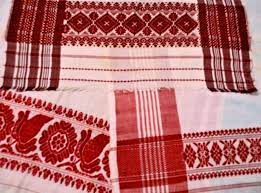7667766266
enquiry@shankarias.in
Gamosa

Bihu Festival
Army Worm Attack
Operation SHIELD
Source: The Hindu